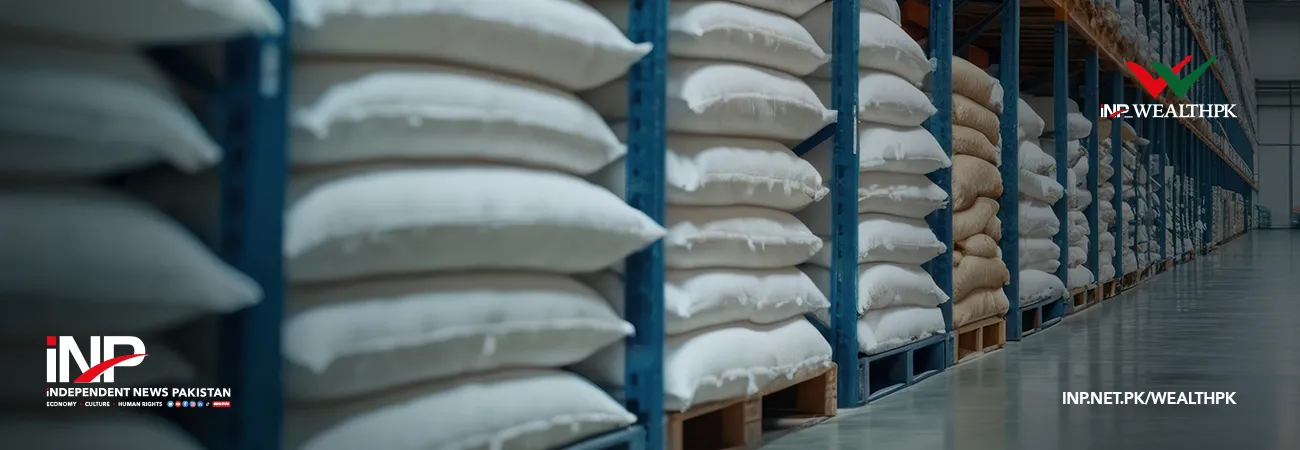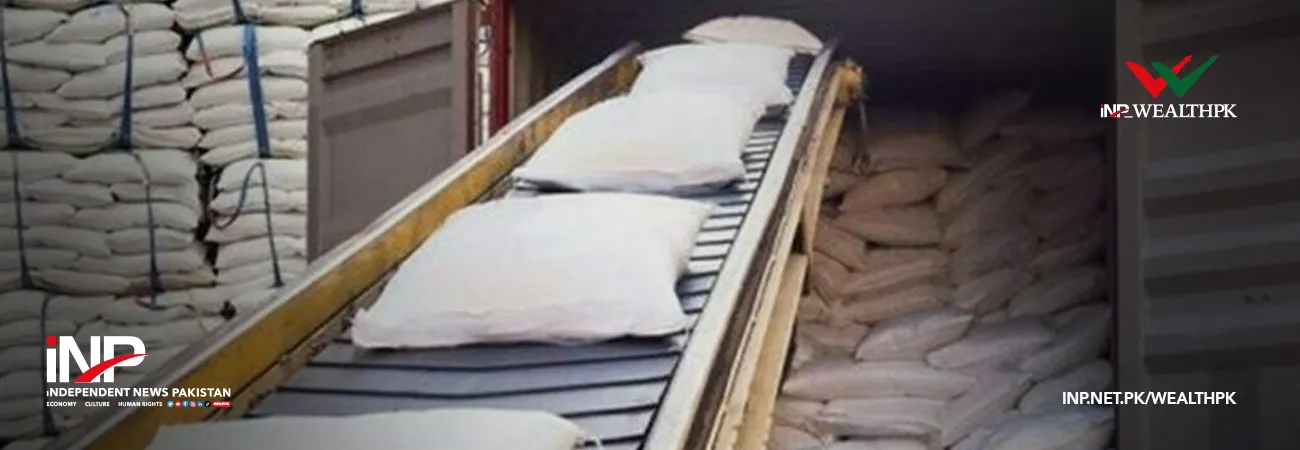INP-WealthPk
ISLAMABAD, Dec 29 (INP-WealthPK): The approval of the Strategic Trade Policy Framework (STPF) will ensure the country’s trade competitiveness and product diversification. The STPF 2020-25, which has been approved by the Federal Cabinet, aims to expand the enterprises’ capacity to produce, distribute and sell products and services more efficiently than their competitors, the ministry of commerce says in a statement. Under the STPF, the study of international demand trends has helped identify not only priority sectors but also capacities and capabilities of the country’s various traditional and developmental export sectors. The traditional sectors include textile and apparel, leather, surgical instruments, sports goods, carpets, rice and cutlery, while developmental export sectors comprise engineering goods, pharmaceuticals, marble and minerals, processed food and beverages, footwear, gems and jewellery, meat and poultry and chemicals. Geographical and product diversification, manufacturing cost reduction through tariff rationalisation, the pursuit of regional connectivity, including Look Africa and Silk Route Reconnect policies, and enhancement of market access through Free Trade Agreements and Preferential Trade Agreements are the main thrust of STPF. The framework also facilitates logistics and tracking under the International Road Transports (TIR) Convention and boosts regional connectivity with Central Asian Republics, Turkey and Iran, and as far as Europe and Russia. The commerce ministry says there will be an institutionalised mechanism for STPF’s robust monitoring and implementation to minimise policy implementation gaps, which have traditionally remained a weak link due to multi-organisational roles in the export ecosystem. “A cross-functional National Export Development Board comprising senior public sector officials of relevant organisations and private sector representatives has already been constituted under the prime minister to oversee the framework’s implementation. The board regularly holds meetings to ensure implementation of various policy measures.”













